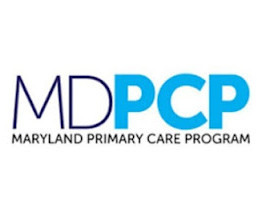Maryland's Primary Care Program: incremental progress or breakthrough?
The Health Policy Exchange
SEPTEMBER 2, 2020
MDPCP practices must implement "data-driven, risk-stratified care management," integrate behavioral health services, screen patients for social needs, convene a patient advisory council, and use health information technology for continuous quality improvement.












Let's personalize your content